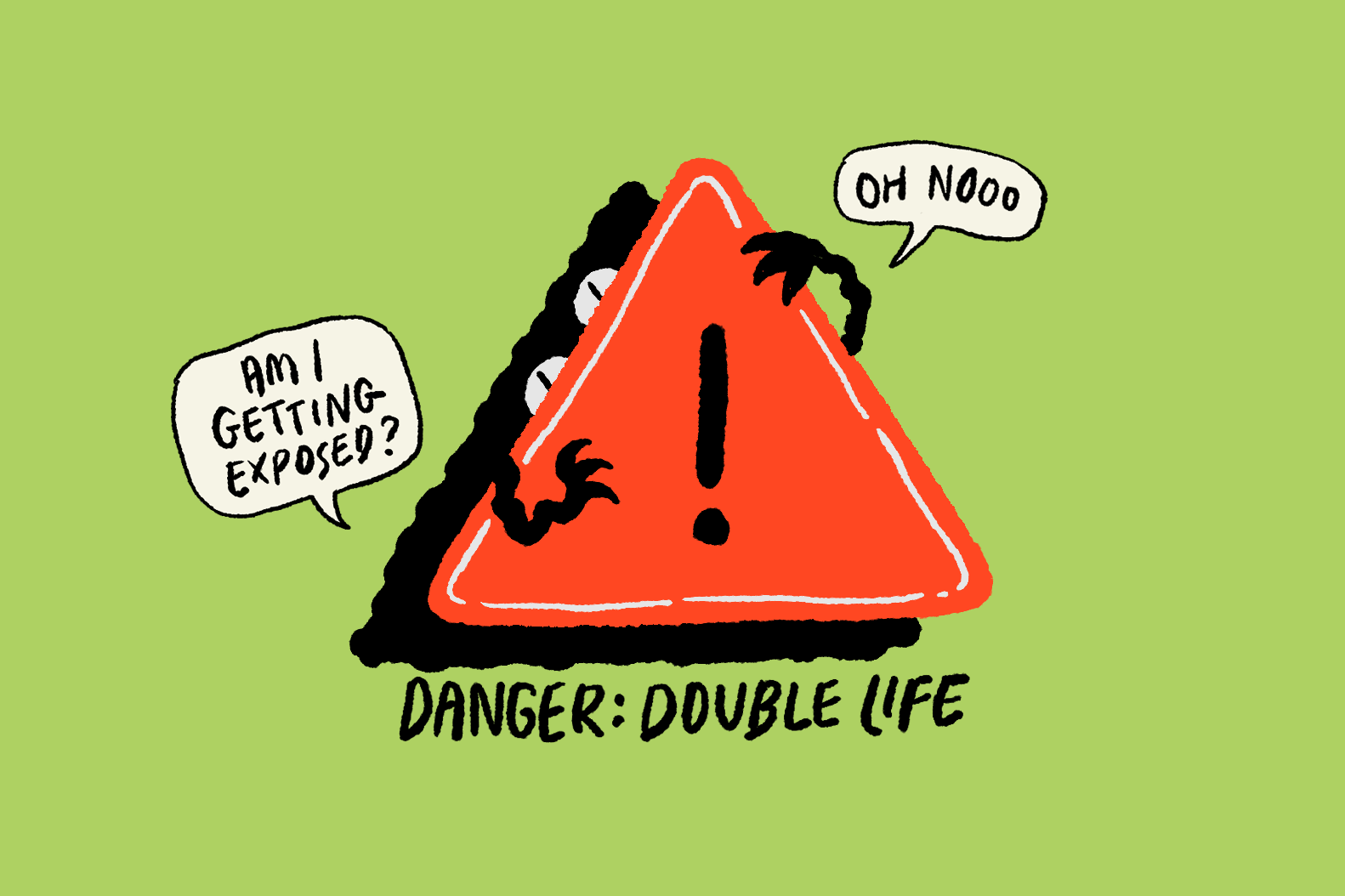At Antioch Summit, we caught up with Jemima Ooi, a missionary who has been working for 11 years in East Africa serving communities affected by war.
The 35-year-old recounted how she prepared and grew her heart for missions after receiving a calling when she was 12, and shares tips to go the distance in the missions field from someone who’s served in active war zones.
1. When did you receive your calling for missions?
I first received my calling at a Joshua 21 conference when I was 12. During the commissioning segment, the speaker laid hands on my head and said: “The Spirit of God tells me that you are going to be at the frontline of the mission field.”
And after I received this calling, it was like something opened in the spiritual realm. God began giving me dreams and visions that would give clues to what I would be doing in the mission field.
When I was 14, I received an open vision when I was taking a bus.

I was on the upper deck of the bus, and when I looked out of the window, I suddenly saw an older version of me working amongst red clay soil, white and tattered refugee tents, and young African children.
I knew that that vision was from God because I wasn’t thinking about these things at all. Yet, that was what I saw. That was when I knew that my life wouldn’t be ordinary.
2. How did you process these dreams, visions and calling at such a young age?
I think I owe a lot of my posture to my parents. When I received these dreams and visions, I would always tell my mum, “Mum, something really strange happened.”
Yet, my mum never laughed at what I shared or dismissed them as my imagination. She would ask me to hide these things in my heart, and consider what God is speaking to me.
My parents never once said that my dreams were strange. Instead, they would always inquire more. They would ask me, “What do you think it means? Is God speaking about anything in particular to you?”
So growing up, my parents have helped to train my spiritual awareness. They taught me to always pause and consider, so that I would be conscious and aware of God’s movement in my life.
If not for them, I think I would have lost a lot of dreams that God was covering my life with.
3. How did you discern that God had really called you into missions?
I think there is a difference between a fantasy and a dream.
A fantasy is often more escapist in nature. You feel disaffected in your life, and you want to find meaning and significance in your life. You just want to do something different.
On the other hand, if it is a dream that comes from God, He will continually breathe life into it and speak to us about it. And that can only happen during our personal and intimate time with Him.
… if it is a dream that comes from God, He will continually breathe life into it and speak to us about it.
I first received my calling at 12 but I only went into the mission field at 24. But the 12 years in between were not wasted. Because God was breathing life into this area of my life.
Sadly, I think this is something that we lose a lot in our modern-day context (me included). We are so connected through the Internet and our phones that we begin to lose our solitude and quietness with God.
I believe that relationships cannot thrive outside space and time – our relationship with God included.

Back when I was young, I would often take a one or two-hour-long walk with God every day. And I believe that those solitary and quiet moments were incubator spaces for what God was calling me into.
I didn’t always know what I was praying about. I would simply ask God, “What’s on Your heart?”
And, sometimes, I would see visions of African families starving. I didn’t know that these visions were so specific, but I was mind-blown when I actually saw some of these visions coming to pass while serving in the field.
I believe it was all these intimate moments during those years that had prepared my heart.
Eventually, God asked me: “Will you go places with me?”
I knew it meant being alone with Him, and I had no more resistance in my heart because He had won my heart over in all these spaces.
4. Do you think one can be involved in missions if he/she is not called?
I believe that missions is something that anyone can do.
Many of us are waiting for a call. We ask God what task He has assigned for us, and which nation He is calling us to.
But, the truth is, God is calling us to His heart.

Some people say that missionaries must have great faith. They must be courageous and be willing to take risks.
While missions definitely comes with risks, I believe that it is also a matter of security more than just taking risks.
This security comes from our relationship with God. It is a security that says, “I’m scared, but I know whose hand I’m holding.”
This is what gives me the strength and courage to serve in dangerous places.
I’ve seen miracles of healing, miracles of food multiplying, miracles of my life being spared. But none of these come close to those quiet moments when I have my morning tea with God in the mission field.
While physically I am sitting there and drinking my tea alone, I know that in another dimension the Spirit is always with me.
Sometimes I would see a vision of Jesus sitting next to me and putting His arm around me, and I would just weep.
He is with me every step of the way; even when I didn’t know what emotion I was feeling, even when I felt helpless about the situations I saw in the field.
This is supernatural to me, because we are often very worried when it comes to missions. We are either worried about our own needs or the needs we see in the field.
But I think our intimacy with God can become our ground of faith and help us to understand that there really is security in Him.
5. What has the mission field taught you about God?
One time, I was in an African country preparing to speak to a group of refugees who had lost many of their loved ones to wars and crimes. Some of them were also suffering from the consequences of the chaos.
I was invited to speak to them in their moment of need. And I was praying to God and asking Him what I should say to them.
The night before I met them, I suddenly woke up in the middle of the night with an intense pain in my heart. It felt as if like I was having a heart issue.
But as I got out of my bed, I began to weep and I fell onto my knees.

God began to speak to me at that moment, and I realised that God was giving me a glimpse of the pain and heartache that those refugees were going through.
I cried for three hours, and I felt like I was being broken in that space. I only prayed one prayer.
“God, help me help them.”
The next morning, I asked God why He made me go through that experience. And He said, “Jem, I wouldn’t allow anyone unbroken to speak to my people. Because their hearts are so fragile.”
When we see the love and the obsession of God for the poor, the broken, the hurting and the traumatised, it’s really another kind of beauty.
Such experiences taught me that Jesus is really gentle and lowly at heart. He is the Lamb of God – and the sole purpose of a lamb is to be a love offering.
That is something that stirs my heart all the time.
6. What keeps you going after being in the mission field for 11 years?
Lovers will always do more than workers.
If I’m just there because I want to do good to the world; if I’m just there because I want to find meaning and significance; if I’m just there to be functional – these are the waters that will all run dry.
The only water that will not run dry is the fire that comes from my intimacy with God.
The analogy I always use is this: When you’re in a romantic relationship, you wouldn’t mind where you go with your partner because what matters more is their company and presence. You just want to spend time with them.
Lovers will always do more than workers because their hearts are alive. They’re fully given and fully engaged with the heart of God for the community they’re serving.
They are not just there to be functional or be useful. They’re there to love the people that God loves.
Lovers will be willing to go the distance because they are doing it for the One they love.
7. What is one piece of advice for young people who are interested in missions?
This journey with God can feel like a mystery. But without mystery, we can’t experience the wonder of God.
Go slow. Know that you’re growing roots even when you don’t see any fruits for now.
You might also struggle to give an account to your loved ones about what you’re doing with your life. I know that parental approval is a big thing, but be patient and know that our parents also need their own time and have their own journeys with God.
Even though to us it is a dream from God that has been gestating for so long, it can be a shock to them when we first present it.
Give them time to process and try to communicate with them as much as possible.
They will have their concerns, but at the end of the day, they will respect that you’re giving your life to God.
And that is not something small!
That’s all from #AntiochSummit! We hope that these articles have blessed you and inspired you to get involved. Find out more here!
Jemima was previously working for Justice Rising, but is now working under LIAM Global.
- Through this article, what is one thing God is saying to you now?
- How can you take the first step to respond to Him?
- Do you know someone who is involved in missions? Take some time to pray for them!









